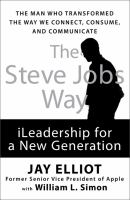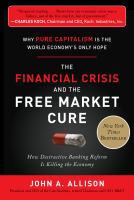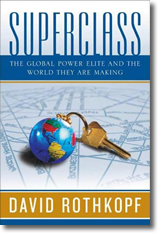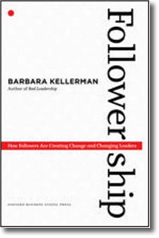
Ghaemi, S. Nassir. A first-rate madness : uncovering the links between leadership and mental illness. Penguin Press, 2011.
There is a legend on the internet about Ted Turner’s speech at Duke University commencement. As the students, parents and relatives eagerly waited, Turner approached the podium and said, “Get out there and work your butts off,” and then returned to his seat. In response to the university president’s plea for him to return to the podium and say more, Turner said, ”Nope, that’s it.”
Like many stories found on the internet, this is not true. However, in 1999 Ted Turner spoke to the 322 graduating daytime students at Fuqua. In his speech, he passed along the advice he received from his father: “‘Set your life’s goal so high that you can’t possibly achieve it, because you don’t want to achieve your goal, you want to be constantly striving for it,'” he said. “I took his advice and went ahead saying that life is a journey, and I’m going to go as far as I can as fast as I can.”
This advice comes from Turner’s personal experience. In the book A First-Rate Madness, psychiatrist Nassir Ghaemi, MD reports that Turner’s father achieved his goal of building a successful billboard advertising company in Atlanta. After he sold his company, he had no other ambitions and committed suicide in 1962, when Ted was 21. Ted bought back the company, kept the billboard enterprise going and expanded it to radio and television. Eventually, he launched CNN and Headline News. Author Nassir Ghaemi proposes that Turner’s difficult childhood, his inherited mood swings, and his nervous energy gave him the creativity and resilience needed to become a powerful entrepreneur, achieving great things in his life.
Author Ghaemi examines the lives of eight key leaders from the past, studying the relationship between mental illness and leadership. He concludes that in a strong economy or in time of peace, the ideal leader is someone with good mental health who meets the expectations of the community. Yet when the economy or the world is in crisis, the best leaders are either mentally ill or mentally abnormal. The personal qualities that are present in people with depression or bipolar disorder, such as realism, empathy, resilience and creativity, are the very qualities that make effective leaders in times of crisis. This controversial idea is well supported by numerous examples in this thought-provoking book.
This title is also available as an audiobook.
© Reviewer: Meg Trauner & Ford Library – Fuqua School of Business.
All rights reserved.












